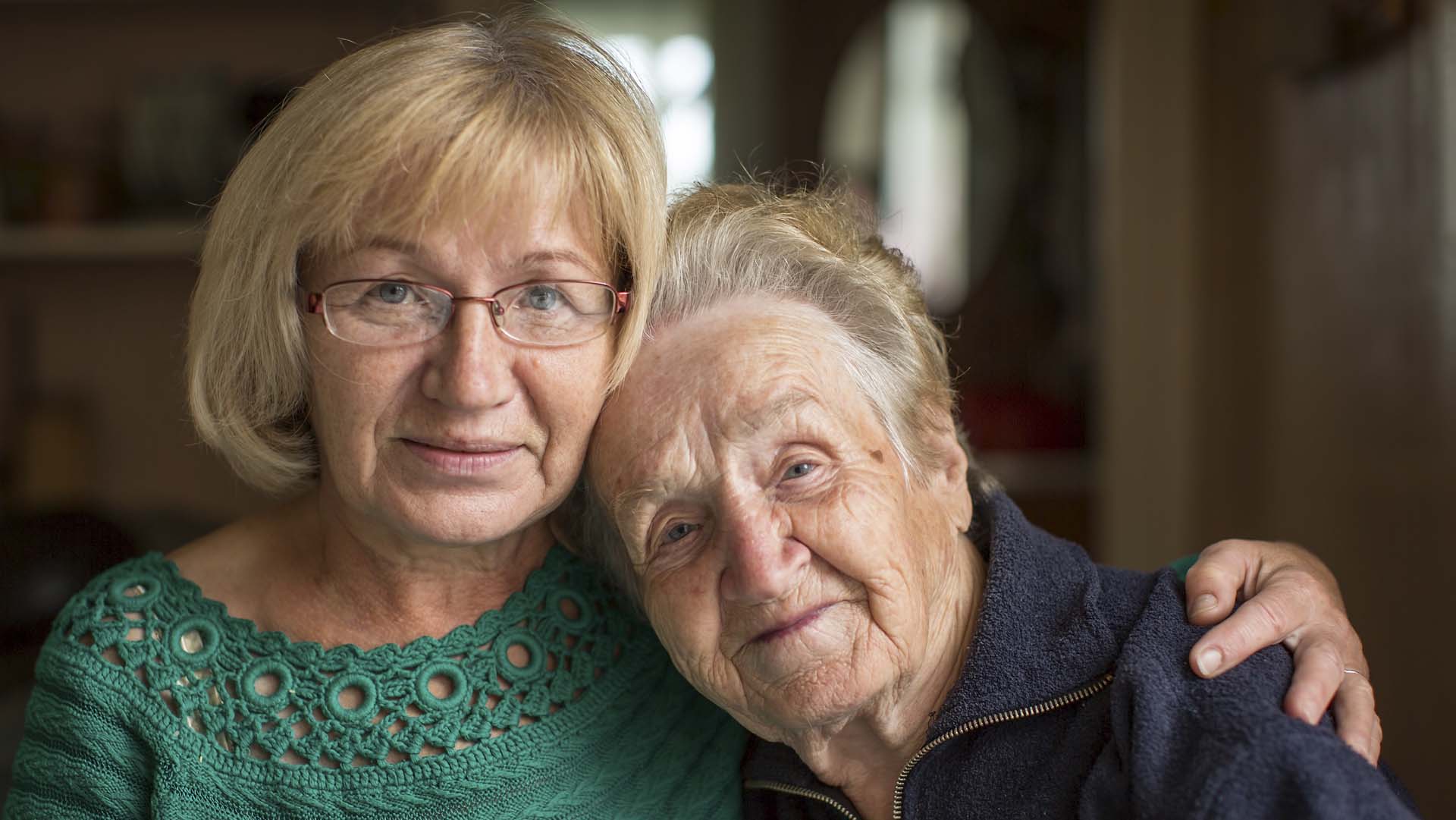

As new research shows that almost six million of us worry about how we’ll care for older relatives while also juggling our own lives, Mel Hunter reflects on her experience of caring for her father, and shares the strategies that would have helped.
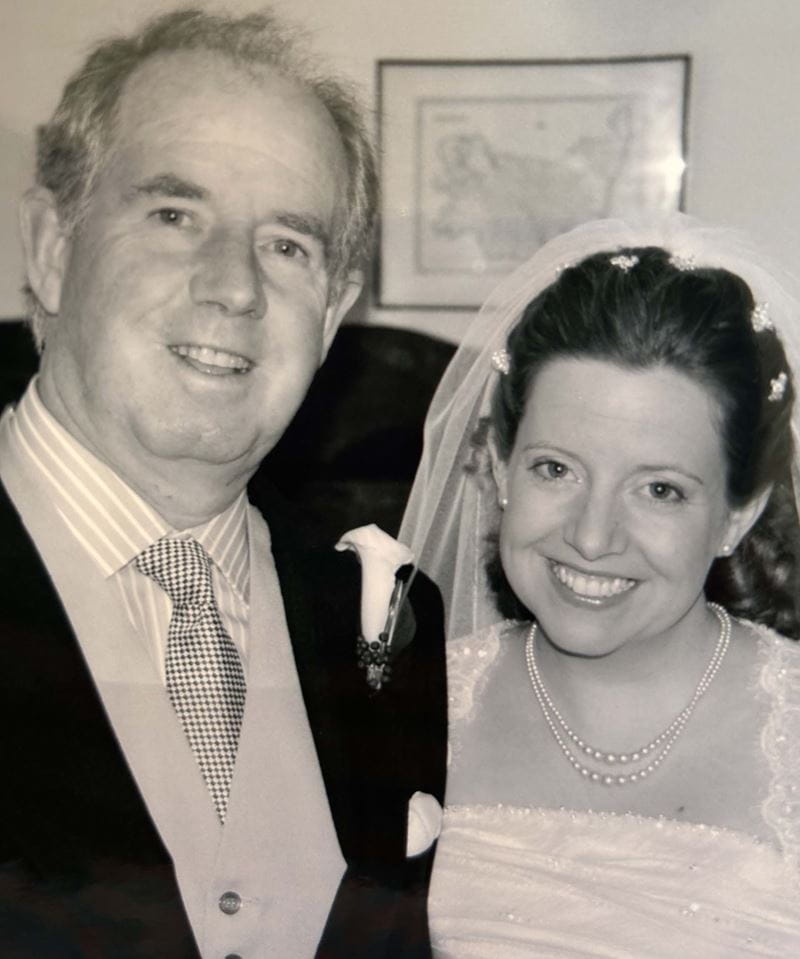
I felt out of my depth and wrong-footed by the changing child/parent relationship
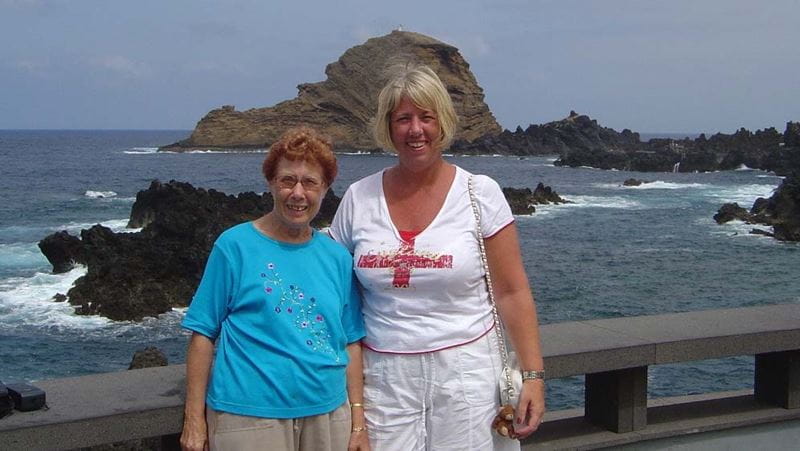
So how do you start the conversation, if the parent doesn’t broach it themselves or if they are resistant to your help, as my mum was?
Jackie Cleveland, founder of Podplan, a subscription service that guides families through the maze of elder care, suggests a strategy of ‘’it’s not you, it’s me”.
“You need to know from your parent what they would want to happen in a worst-case scenario. If you tell them you’re worrying, that it’s keeping you awake at night, then they're more likely to come to the table.”
Jackie continues: “If something small happens, like a minor accident or slight fall, you could use that as an impetus to talk about what you should do if something much worse occurs.
“Another approach is starting a conversation based on something you’ve both seen in the news. You can ask them, ‘If we found ourselves in that situation, what would you want to happen?’”
Of course, as I know from experience, there are many baby boomers who skilfully bat away any discussions about their future care – too proud or stoic to accept help.
“You can still do your research in a similar way to if you had your parent on board,” says Jackie. “As a starting point, understand the different types of care providers, how much they cost and how to choose between them. Write down what you find out.”
It also important to recognise how much – or how little – you can do yourself, whether in terms of the time you have available, the money you have at your disposal or the living arrangements you can offer. Overpromising could be detrimental to your own mental health and relationships, so it is important to set boundaries.
Alongside the stress, guilt and potential for resentment, these latter years can bring tremendous rewards. Caring can bring a different kind of closeness and understanding.
For Julie, taking her mum out for occasional afternoon teas has given her memories she will treasure. She also takes pleasure in looking after her mum’s garden, which is still a source of real pride for Brenda. “It’s rewarding for me, and I know she appreciates it.”
As Carter from Age UK says: “It can be difficult to navigate caring for your parent, but there is a lot of help available if you look for it. Just do what you can - feel good about what you can do and try not to feel guilty about what you can’t do. Keep your parent’s feelings in mind throughout. In the longer term, you’ll find real comfort in knowing you did that best that you could.”

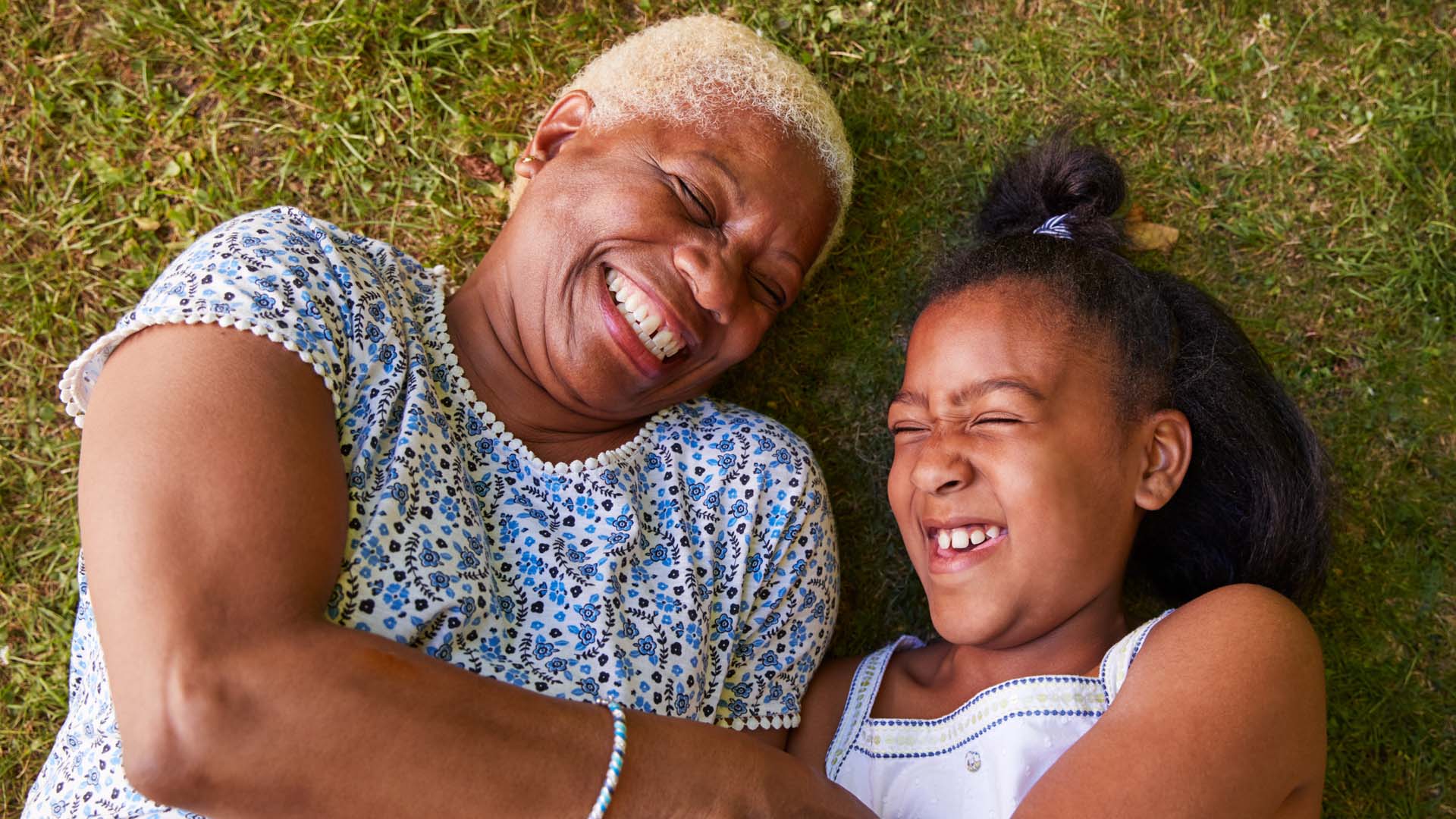
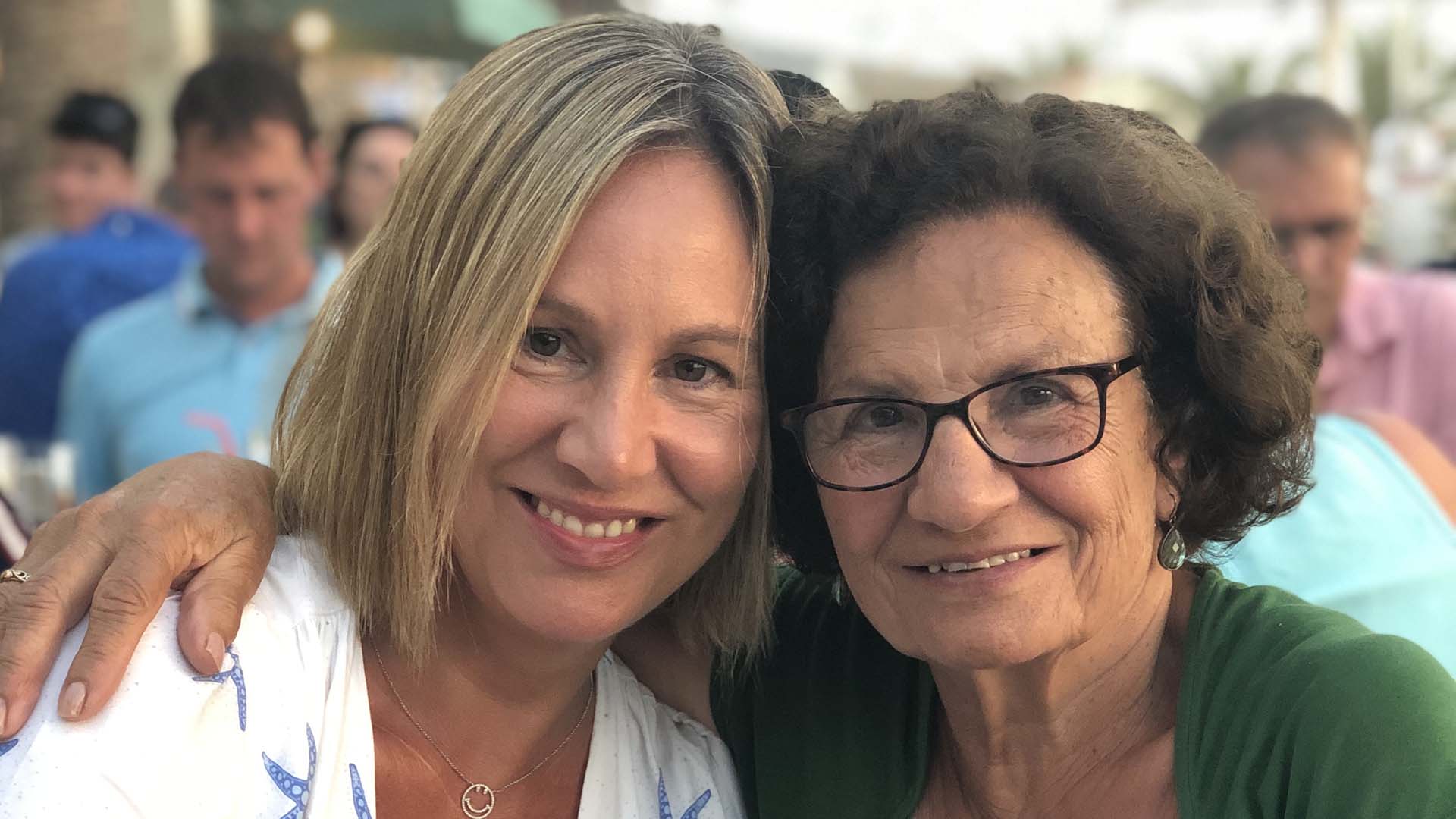


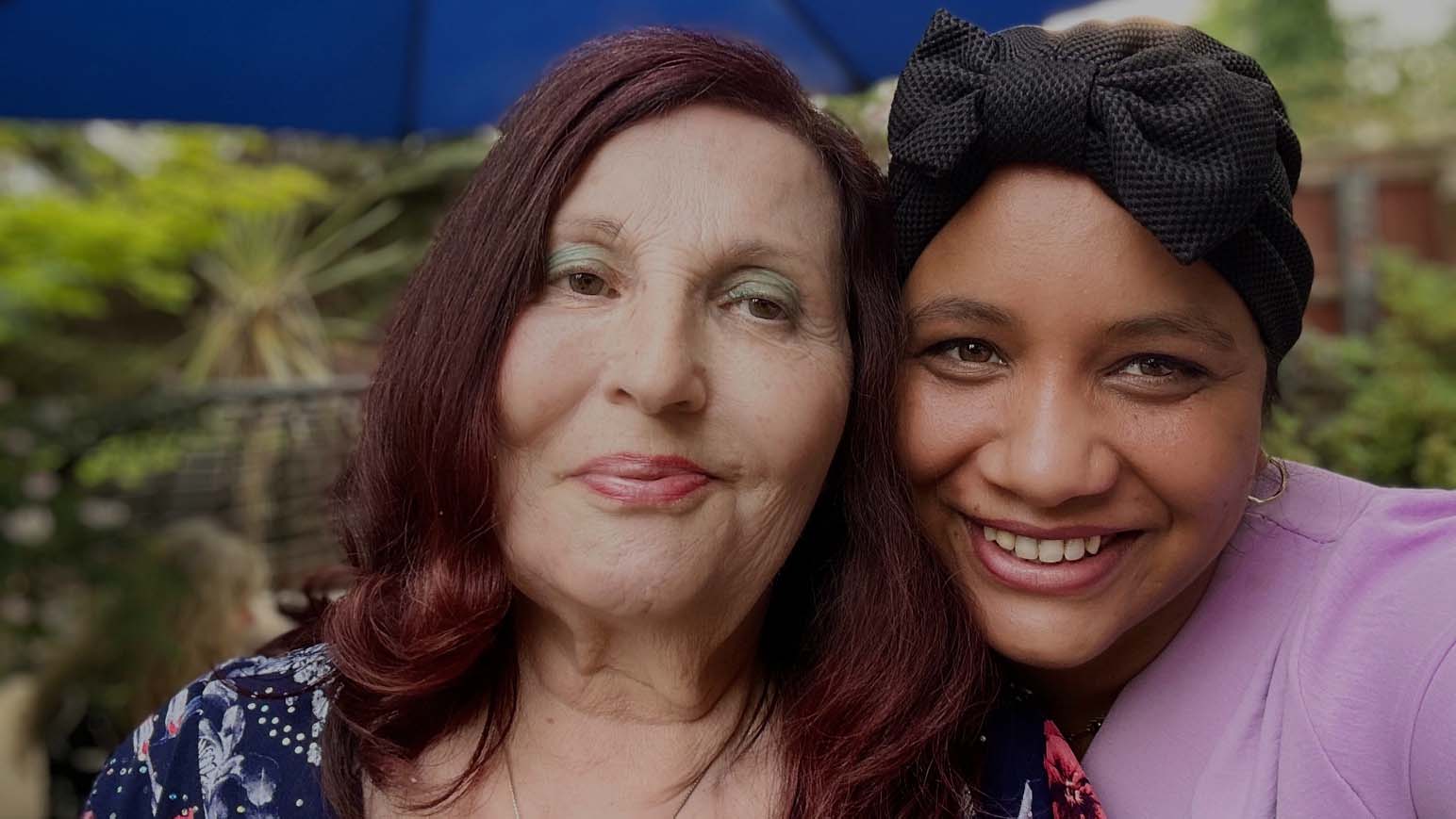
The power of age gap friendships - we share the benefits and how to make them.

You've found someone new and now you want to take it further, but your grown up children don't approve. Expert tips on how to handle this difficult situation.
.jpg?la=en&h=576&w=823&hash=4516D8557DC47B1E21444166FFB91605)


